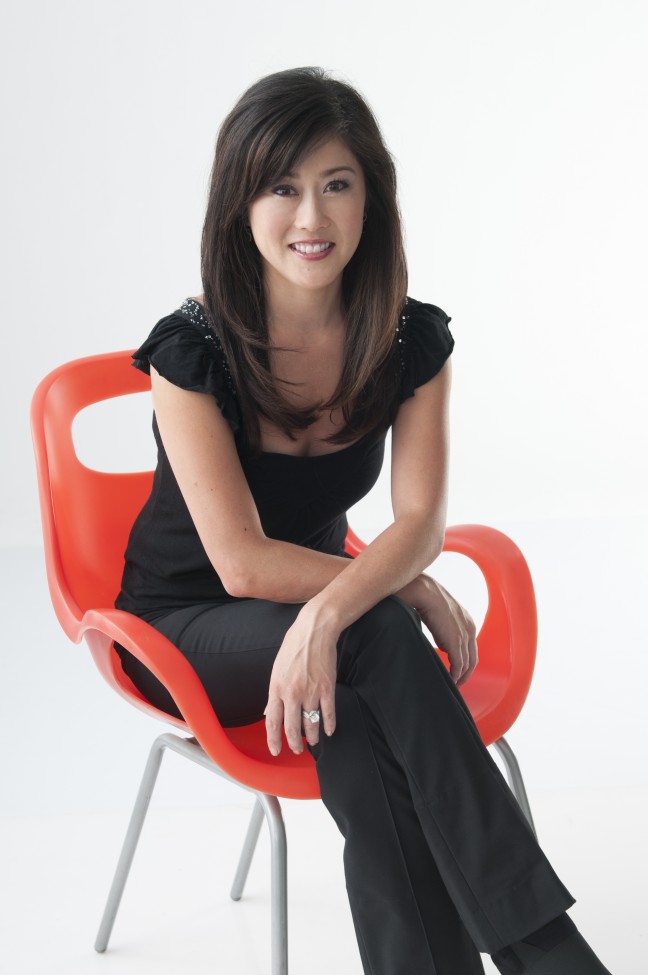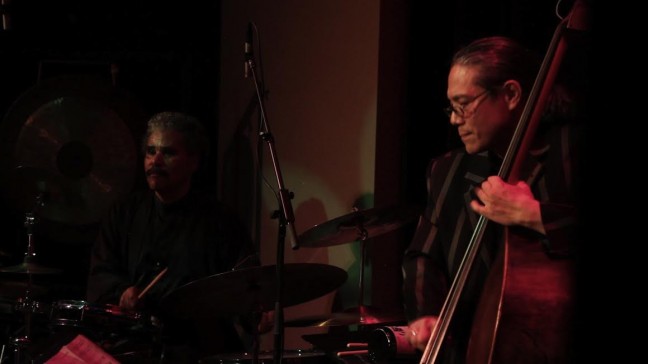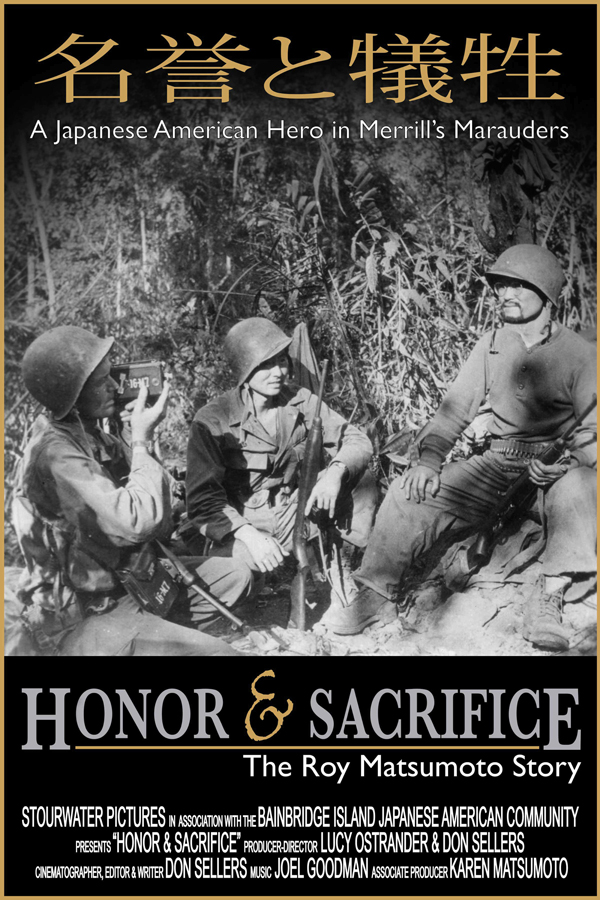 The Center for Asian American Media celebrates Asian American Pacific Islander Heritage Month in May with “Japanese American Lives,” a special series of three episodes that explores the diverse history of Japanese Americans, hosted by Olympic gold medalist Kristi Yamaguchi. From a trailblazing female Judo master to Japanese Americans making their mark in jazz music, “Japanese American Lives” goes beyond the history books and gives us an in-depth look into four unexpected Asian American stories of inspiration, artistry, family and hope.
The Center for Asian American Media celebrates Asian American Pacific Islander Heritage Month in May with “Japanese American Lives,” a special series of three episodes that explores the diverse history of Japanese Americans, hosted by Olympic gold medalist Kristi Yamaguchi. From a trailblazing female Judo master to Japanese Americans making their mark in jazz music, “Japanese American Lives” goes beyond the history books and gives us an in-depth look into four unexpected Asian American stories of inspiration, artistry, family and hope.
EPISODE 1
Meet the First Lady of Judo in Mrs. Judo: Be Strong, Be Gentle, Be Beautiful. Director Yuriko Gamo Romer focuses on Keiko Fukuda, a woman who defied conformity and was the last disciple of judo founder Jigoro Kano. During a time when it was expected for women to become a wife, mother and homemaker, Fukuda followed a more unconventional path to become the highest-ranking female in judo history, earning a 10th degree black belt. Through archival footage and interviews with her peers, friends and Fukuda herself, Romer paints an inspiring picture of the late, great pioneer.
EPISODE 2

Be inspired by all that jazz in Don’t Lose Your Soul. Asian Americans have always proved to be innovators in music, but their contributions in the jazz world are often overlooked. In this music-infused and intimate documentary, directors Jim Choi and Chihiro Wimbush give some much deserved recognition to bassist Mark Izu and the Grammy-nominated drummer Anthony Brown. Since the 1960s Izu and Brown have been celebrated artists in the Asian American community and now they broaden their reach in this insightful documentary.

Witness the rise of a hero in Honor & Sacrifice. The film tells the story of one man’s journey from early hardship and ultimately to his contribution as a member of Merrill’s Marauders as documented by Lucy Ostrander and Don Sellers. True to the name of the documentary, Ostrander tells the story of the Matsumoto family during World War II. In a story that is worthy of a Hollywood war film, three of the sons fought for the Japanese, while two fought for the Americans. Blurring the lines of family loyalty and country patriotism, this is a complex story of an immigrant family, the separation of brothers and how one of the sons ultimately became an American hero. Recipient of the prestigious 2014 Erik Barnouw Award from the Organization of American Historians for Outstanding Programming in Documentary Film concerned with American history.
EPISODE 3
Finding hope after heartache in Stories from Tohoku. Fresh off of its success at CAAMFest 2014, Stories from Tohoku revisits Tohoku two years after the 2011 earthquake and tsunami. Co-directed by Dianne Fukami and Eli Olson, the documentary bridges the Pacific divide between the United States and Japan. The survivors of the disaster who are trying to rebuild are connected with Japanese American community that continue to raise money and organize trips to the region to provide as much help as they can. Featuring Olympic gold medalist Kristi Yamaguchi, the documentary illustrates the frustration and struggle as well as the hope and endurance of life after disaster.
Please check your local PBS listings for when episodes of “Japanese American Lives” will air. Here is KQED’s (Northern California) broadcast dates for “Japanese American Lives.”
Main image from the documentary “Stories from Tohoku” by Dianne Fukami and Eli Olson.





Keiko Fukuda was an amazing and strong woman; I am thankful for the opportunity to learn about her. I am definitely looking forward to the next episode.